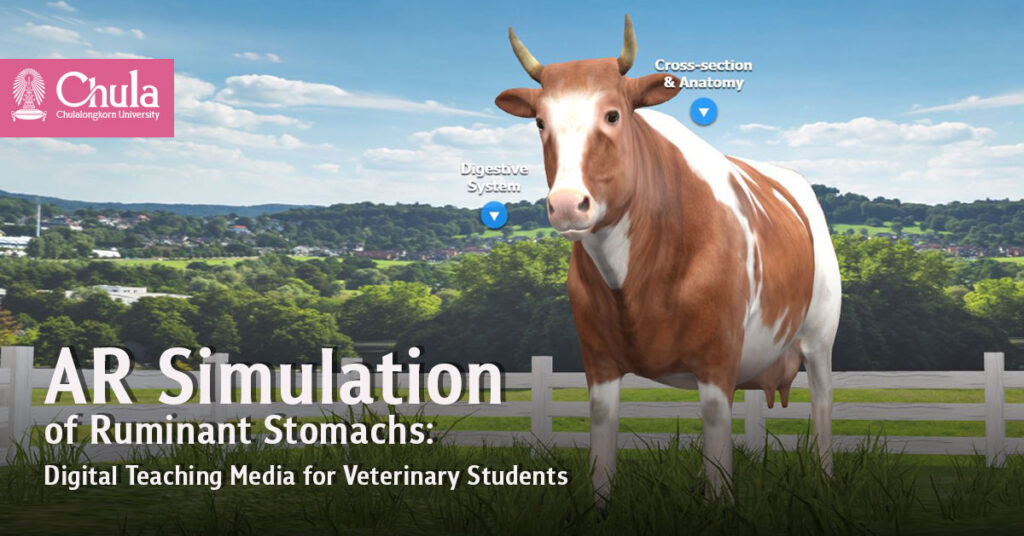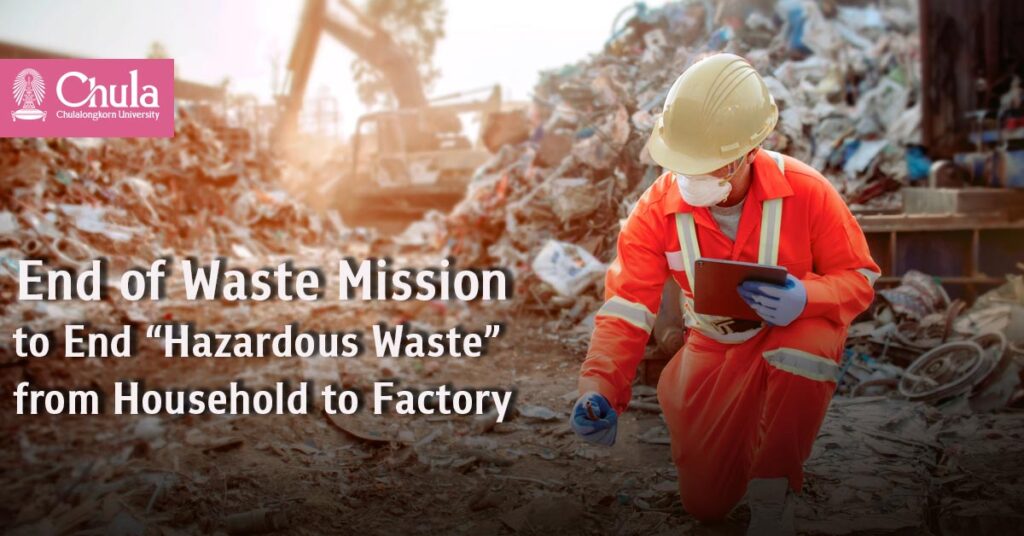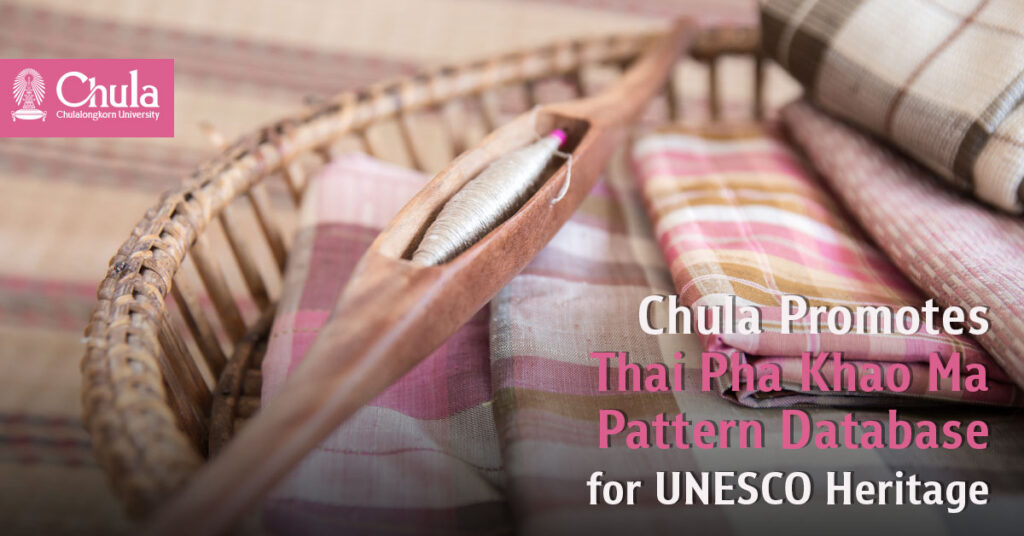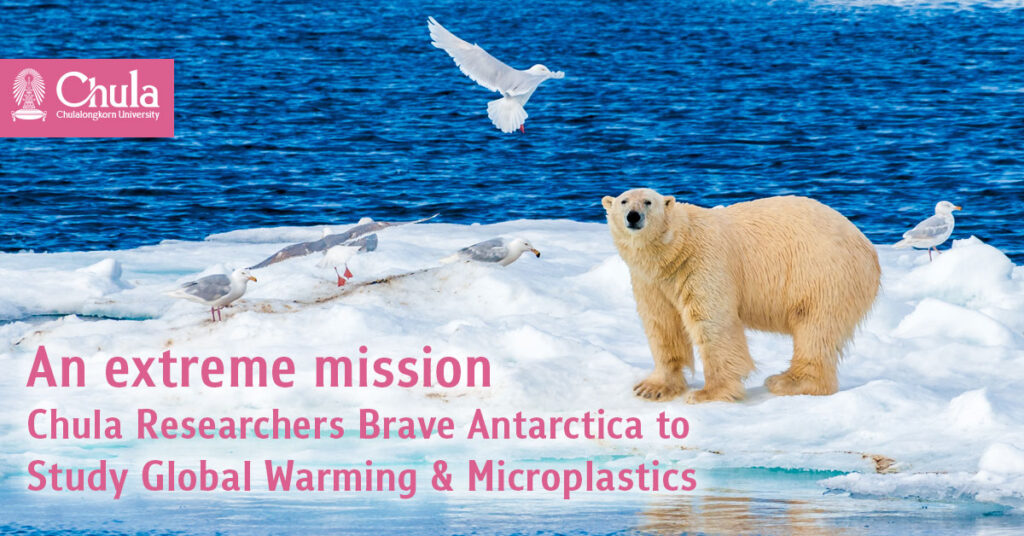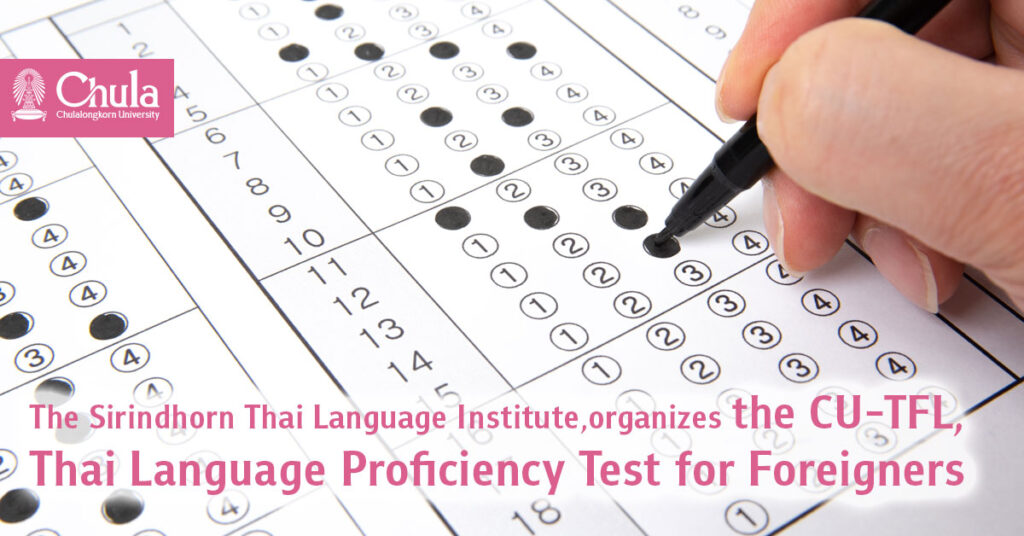National Researcher of the Year 2022 Decodes Drug Resistance in Animals – A Step towards Sustainable Solutions
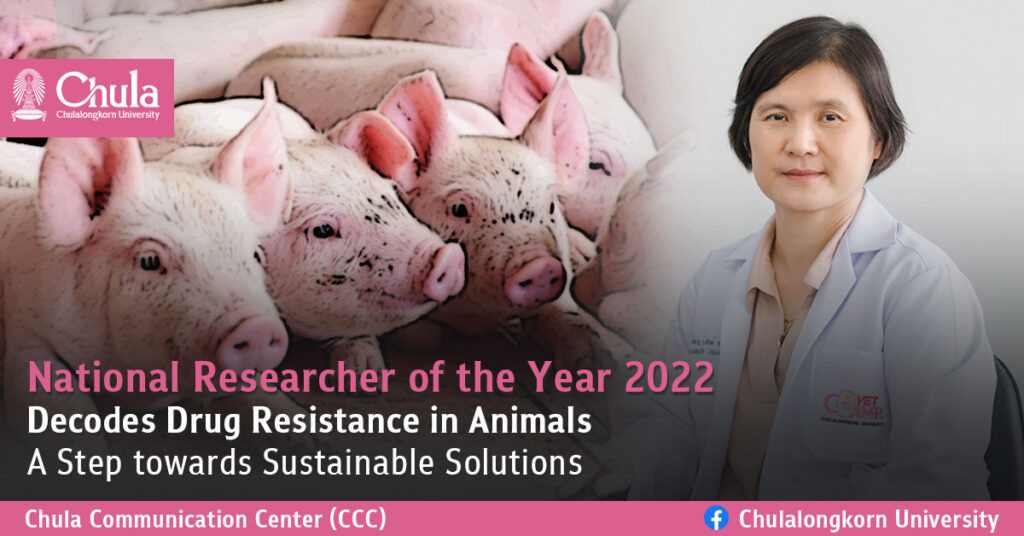
Chula Veterinary Lecturer and “National Outstanding Researcher 2022” has revealed the genetic code that causes drug resistance in animals that affects human health, animals, and the environment, and suggests comprehensive solutions under the concept “One Health”.
“Drug resistance” is a silent threat that the World Health Organization (WHO) says kills 700,000 people a year. If not addressed, it is estimated that in the next 30 years or by around 2050, deaths caused by drug resistance could reach one million people a year worldwide. For Thailand, preliminary studies have found that deaths from drug resistance have reached a record high of about 30,000 persons per year! To urgently find a mitigating strategy to handle the problem is therefore crucial to prevent a future public health crisis.

“Drug resistance is a One Health problem that connects people’s health, to that of the animals and the environment. If we don’t do try to find a solution to drug resistance right now, we may not have antibiotics to treat infectious diseases in either humans or animals in the future,” said Prof. Dr. Rungtip Chuanchuen, Head of the Department of Veterinary Public Health Faculty of Veterinary Science, Chulalongkorn University.
With her expertise in drug-resistant pathogens in animals, combined with a wealth of research that has been transformed into national and international action plans, Prof. Dr. Rungtip has held several key positions, including Director of the Center for Antimicrobial Resistance Monitoring in Foodborne Pathogens (in cooperation with WHO), Director of the FAO Antimicrobial Resistance Reference Center, and Director of the Global Foodborne Infections Network: South-East Asia and Western Pacific Region, WHO, and so on. Most recently, she was named “National Outstanding Researcher 2022 in Agriculture and Biology” by the National Research Council of Thailand (NRCT) with her research on molecular biology that decodes sustainable solutions to drug resistance.
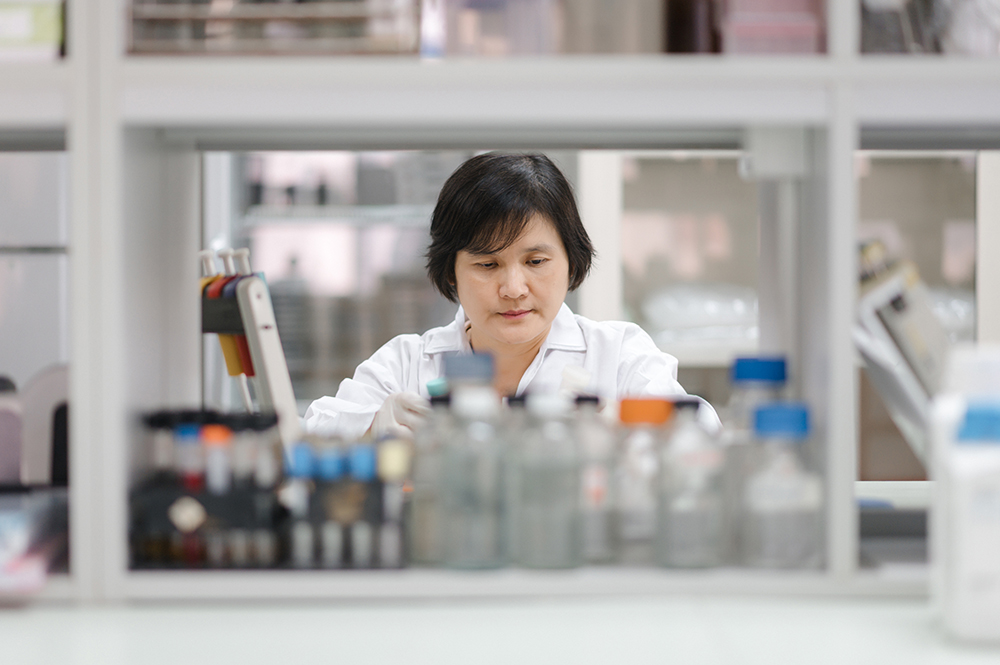
Animal Drug Resistance Problems in Thailand
Prof. Dr. Rungtip explained that the use of antibiotics in farmed animals, both livestock and aquatic animals, is primarily intended to treat and prevent infection and accelerate growth in animals, but the problem of antibiotic resistance arises from the use of antibiotics without proper cause.
“Every time antibiotics are used they provide an opportunity to develop resistance and spread resistance genes. In livestock farms, antibiotics are also used. Farmers and consumers may also be exposed to drug-resistant pathogens through the food chain from consumption of contaminated meat or from direct contact, which is harmful to their health.”
Moreover, pets and wildlife, as well as the natural environment, such as soil and water, may also be contaminated with drug-resistant pathogens. Whether in people, animals, or the environment, these pathogens can have their effects.
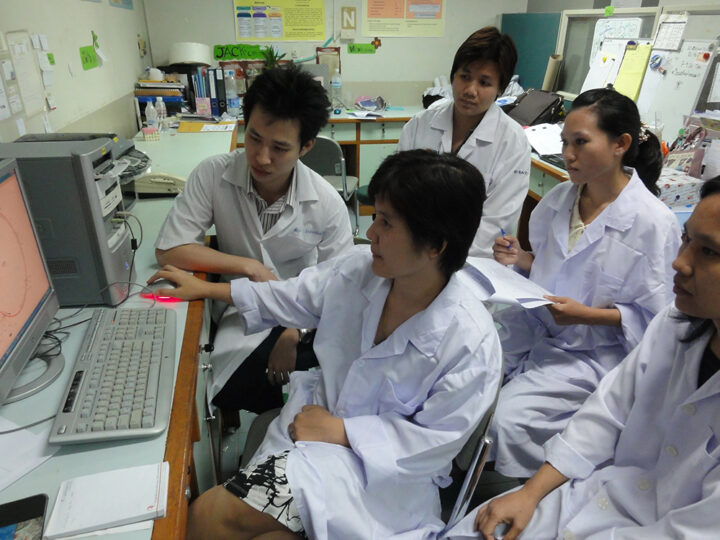
Molecular biology and the solution to drug-resistant pathogens problem
Resolving the drug resistance problem in farmed animals is not easy. Since the livestock industry still needs to use antibiotics, the challenge comes back to the researchers. Prof. Dr. Rungtip has conducted research to find solutions to drug resistance with knowledge in genetics combined with microbiological techniques to answer the question of why some drug-resistant pathogens are so common in Thailand, and how other factors other than antibiotics can cause drug resistance.
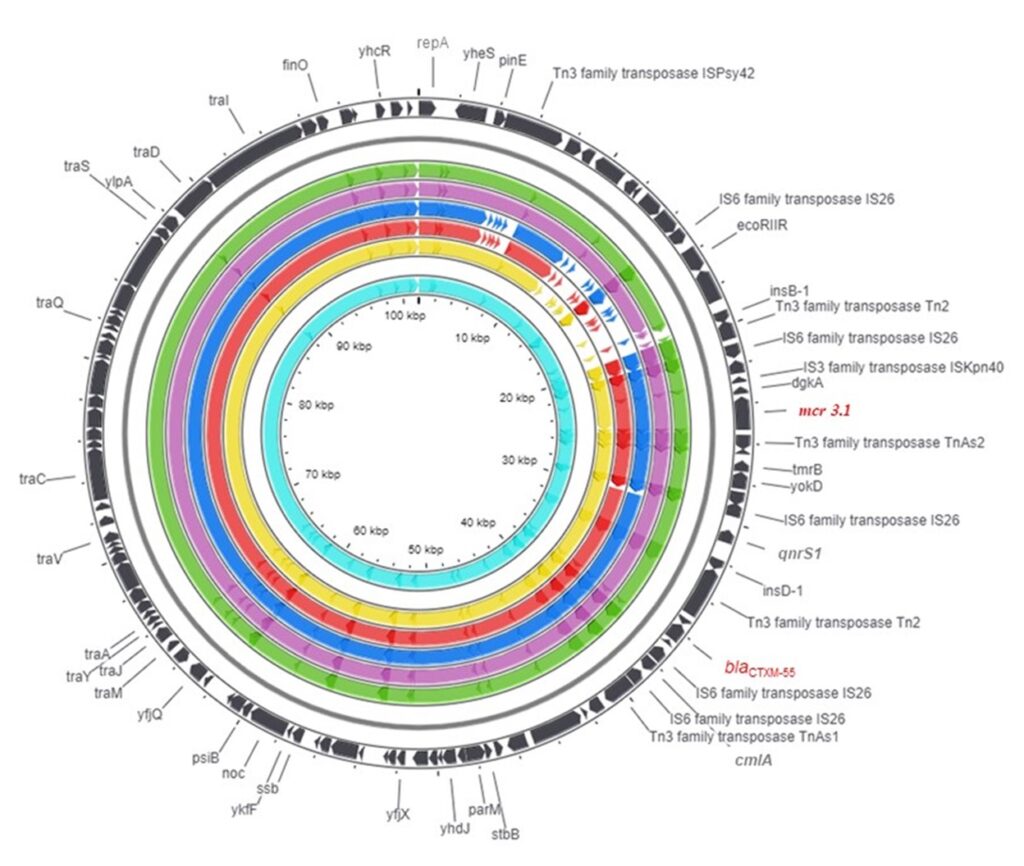
“We studied drug resistance at the genome level and used genetic engineering to study the genetic characteristics of drug resistance and drug resistance mechanisms to better understand the origin, genetic relationships, and heredity of drug resistance, which can be used to develop new molecules or antibiotics, including antibiotic substitutes.”
Prof. Dr. Rungtip recounted the findings from the genomic analysis of resistant organisms collected from humans, livestock, and animal-based foods in Thailand and the ASEAN region with nanopore sequencing techniques: “The genomic characteristics of resistant organisms in Thailand and other ASEAN countries are diverse, with some similar genetic elements representing the circulation of resistant genes in the region.”
Prof. Rungtip explained that not only antibiotics but other agents can make pathogens develop drug resistance, and pass down the genes or drug resistance identifiers, resulting in widespread drug resistance, especially in disinfectants used in farms and hospitals, as well as and heavy metals found in animal feed.
“Based on preliminary data, we have detected antibiotic-resistant genes in dust collected from livestock farms, as well as dust from air conditioners in research laboratories. We are expanding our research to clinics and hospitals. Antibiotic-resistant pathogens are not only found in animals and animal-based foods, so the ban on antibiotics use in livestock alone might not be the answer to all antibiotic-resistance problems.”
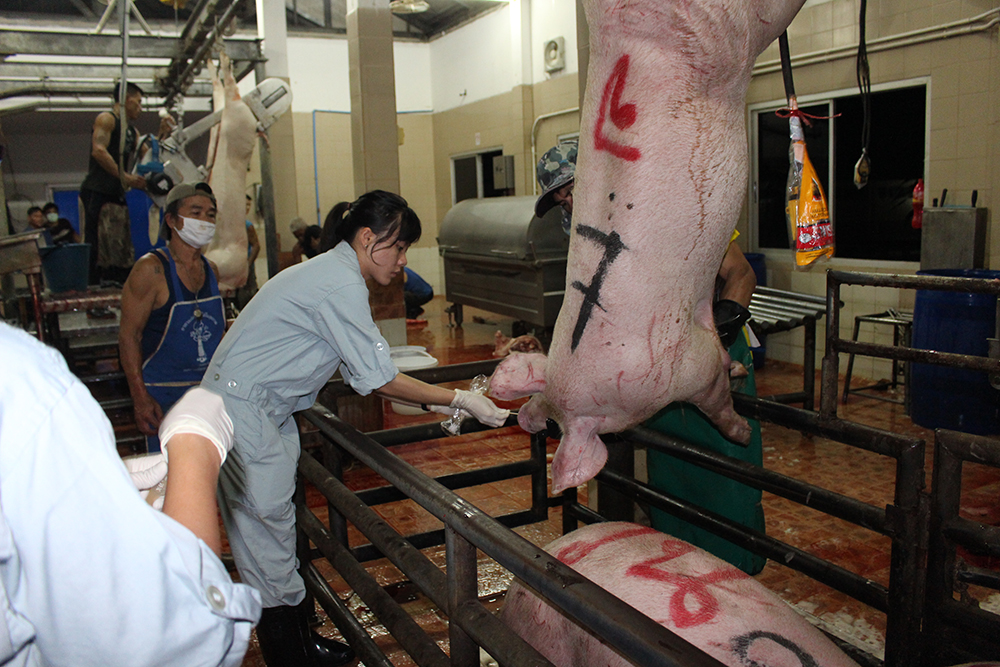
To the National Strategic Plan to combat drug resistance
Prof. Dr. Rungtip’s research has been used to support Thailand’s strategic plan to mitigate antibiotic resistance and address antibiotic resistance in Asia and other developing countries in the region, in collaboration with FAO and other international agencies. The plan consists of the assessment of national antibiotic resistance surveillance and antibiotic resistance laboratory systems, the establishment of measures to control antibiotic use in animals, an action plan for antibiotic resistance surveillance under the concept of One Health, and so on.
In addition, the research findings have also been disseminated to foster the knowledge and understanding of drug resistance and the proper use of antibiotics to young people, the general public, pet owners, and public and private sector workers.
“Effectively tackling drug resistance in livestock requires many factors, and cooperation from many sectors, including drug resistance monitoring and surveillance, reasonable use of antibiotics, promoting farm biosecurity, reducing infections and enhancing immunity in animals, use of antibiotic substitutes, etc.”
“Drug resistance is a health problem for humans, animals, and the environment. The solutions should be integrated under the “One Health Concept”, which must address drug resistance in people, animals, and the environment at the same time,” Prof. Rungtip concluded.

Chula is the place to discover one’s true individuality and the years I spent here were most enjoyable.
Rossukhon Kongket Alumni, Faculty of Communication Arts, Chulalongkorn University
